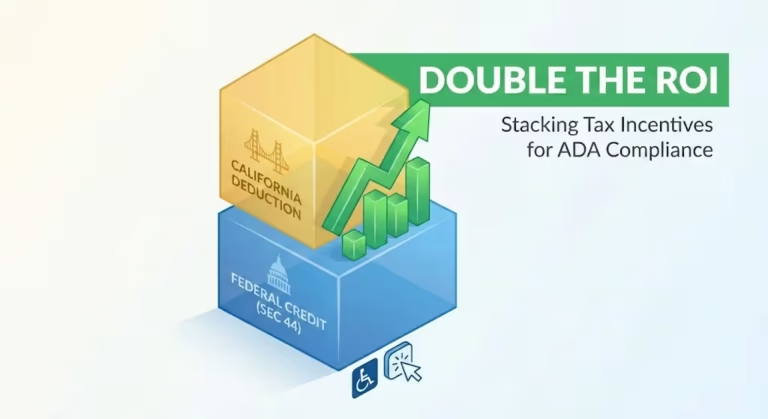Introduction
Scalability is the cornerstone of successful custom web development. In a digital landscape where businesses strive to stand out, the keyword “scalability” holds the key to unlocking growth. Scalability empowers medium to large companies to adapt, expand, and thrive in the ever-evolving online ecosystem.
Setting the Stage: Why Scalability Matters
In the dynamic world of web development, scalability is the compass guiding businesses toward sustainable success. When a website is built with scalability in mind, it’s akin to constructing a sturdy foundation for a skyscraper. Without it, the structure risks collapse as the business grows.
The Cost Implications of Scalability
Picture this: poor scalability leading to a cascade of financial setbacks. It’s not just about accommodating a growing user base; it’s about minimizing unnecessary costs. A non-scalable website can quickly become a monetary sinkhole, draining resources that could have been invested more strategically.
Difference Between Horizontal and Vertical Scaling
Scalability comes in two flavors: horizontal and vertical scaling. Think of them as expansion in breadth and depth. Horizontal scaling involves adding more machines to the network, perfect for sudden traffic surges. Vertical scaling, on the other hand, means enhancing existing hardware, ideal for gradual growth. Each approach has its merits, tailored to different business needs.
Read this amazing article on The Golden Blueprint: A Complete Guide to Custom Web Development for Medium to Large Companies in California
Challenges in Data Management
Scalability isn’t just about accommodating more users; it’s about managing the data they generate. A poorly scalable system can lead to data bottlenecks and sluggish performance. Scalable architecture distributes data like a well-orchestrated symphony, ensuring seamless interactions.
How Scalability Affects User Experience
User experience is paramount. A scalable infrastructure directly impacts user engagement. When a website is responsive even during traffic spikes, users stay longer, explore more, and convert better. Scalability is the silent puppeteer behind smooth, frustration-free browsing.
Security Concerns in Scalable Systems
As a system scales, new vulnerabilities emerge. It’s like fortifying a castle while it expands. Scalable systems require vigilant security measures to protect sensitive data. The bigger the kingdom, the more guard posts are needed to defend it.
The Role of Cloud Computing in Scalability
Cloud computing is the silver lining in the scalability playbook. It’s like having an expandable toolkit at your disposal. Cloud services allow for flexible resource allocation, enabling businesses to scale on-demand without heavy upfront investments.
Importance of Load Balancing
Imagine a traffic cop expertly directing vehicles at a busy intersection. That’s load balancing for websites. It ensures traffic is distributed efficiently, preventing crashes and bottlenecks. A well-balanced website performs smoothly even when visitors flood in.
Real-world Case Studies
Learning from the success stories of others is a wise strategy. Take Netflix, for instance. It seamlessly scales its streaming platform to accommodate millions of users. Lessons abound: invest in infrastructure, monitor performance, and be prepared to adapt.
Future-proofing Your Web Application
Anticipating tomorrow’s needs is the essence of future-proofing. Embrace microservices architecture, containerization, and automated scaling. Keep pace with technological advancements to ensure your website evolves with the digital landscape.
Conclusion
In custom web development, scalability isn’t an option; it’s a necessity. It’s the compass guiding businesses toward growth, the guardian of user experience, and the protector of data integrity. Embrace scalability, and your website becomes a resilient, ever-expanding digital asset.
Ready to Unleash Growth? Scale up your web development game with a scalable infrastructure. Future-proof your online presence and watch your business flourish in the digital age. Contact Us to Scale Up


